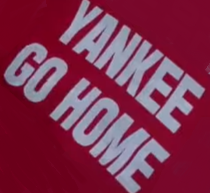

Man I hate this dude
The history of the Middle East since 1948 shows Israel constantly striving for peace, only to be rebuffed time and again by the Arabs.
– Antony J. Blinken, “Lebanon and the Facts”, 1982
Israel is not, has never been, nor will ever be the irreproachable, perfectly moral state some of its supporters would like to see. Israelis are, after all, only human. Still, one pedestal the Jewish state can stand on–and stand on alone in the Middle East–is that of a democracy. Yes, there are tragic excesses in the occupied territories. True, the invasion of Lebanon claimed many innocent lives. The fact remains, though, that Israelis question themselves and their government openly and honestly. Eventually, as in other democracies, those responsible for wrongdoing are held accountable.
– Antony J. Blinken, “Israel’s Saving Grace”, 1982
The summer of 1982 may be remembered in history as the time Israel passed from adolescence to adulthood. The illusions of a child are left behind. But the Jewish state remains special, an oasis in a desert. Its citizens have built a working democracy from scratch in a region that has no others. Israelis must treasure that democracy, protect it with all their will. For if they don’t, the growing pains that are Lebanon, Shatila and Sabra, the repression of Arabs and the feud between Ashkenazim and Sephardim could turn into a plague.
– Antony J. Blinken, “The Danger Within”, 1983
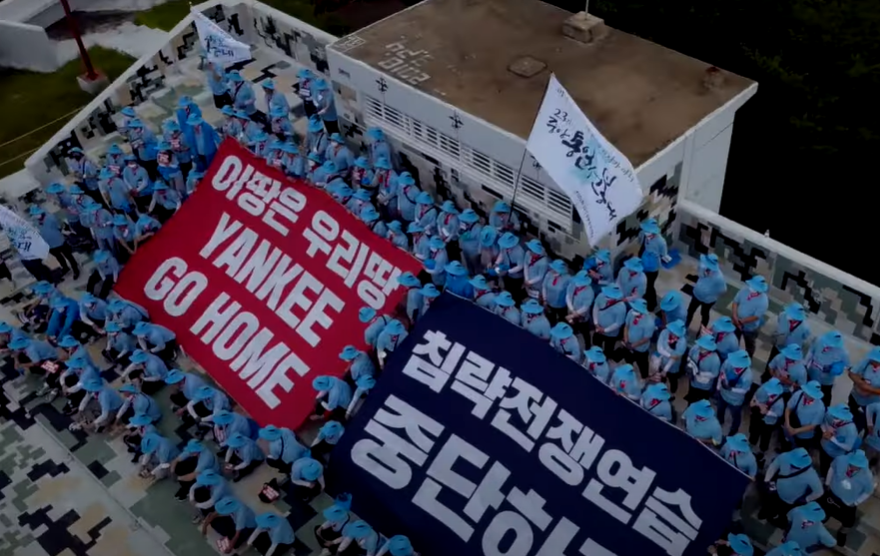



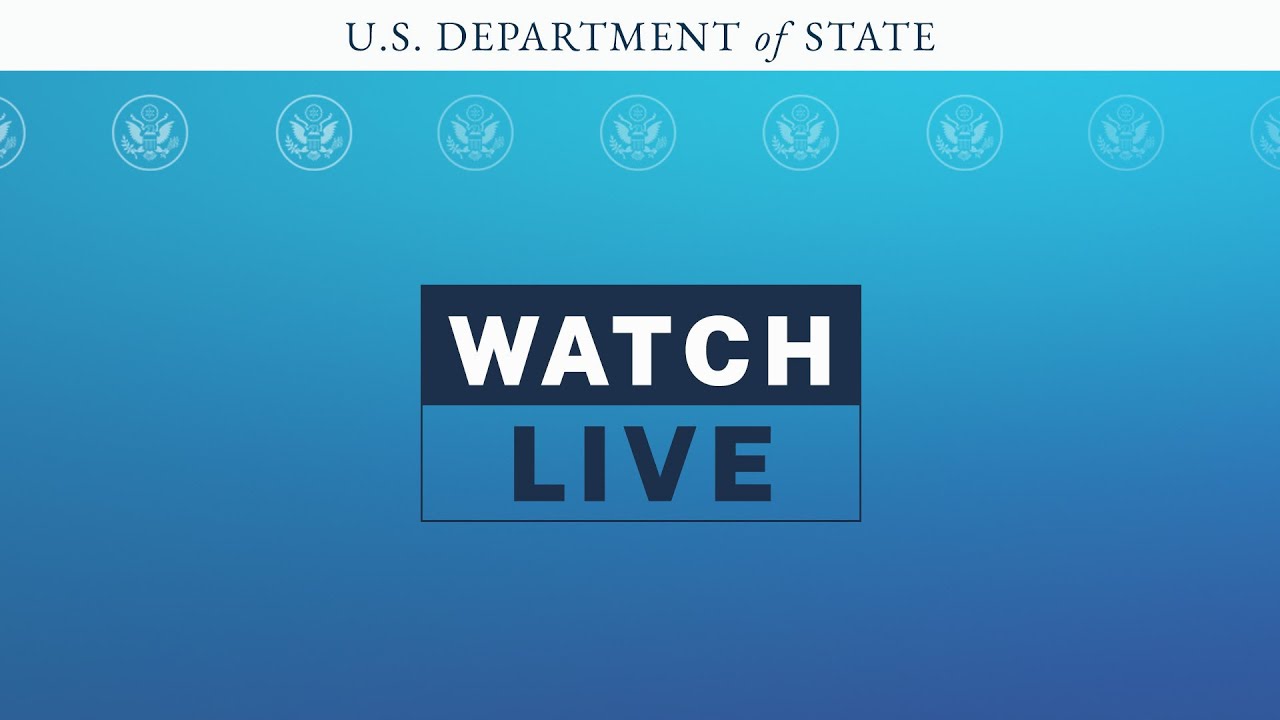

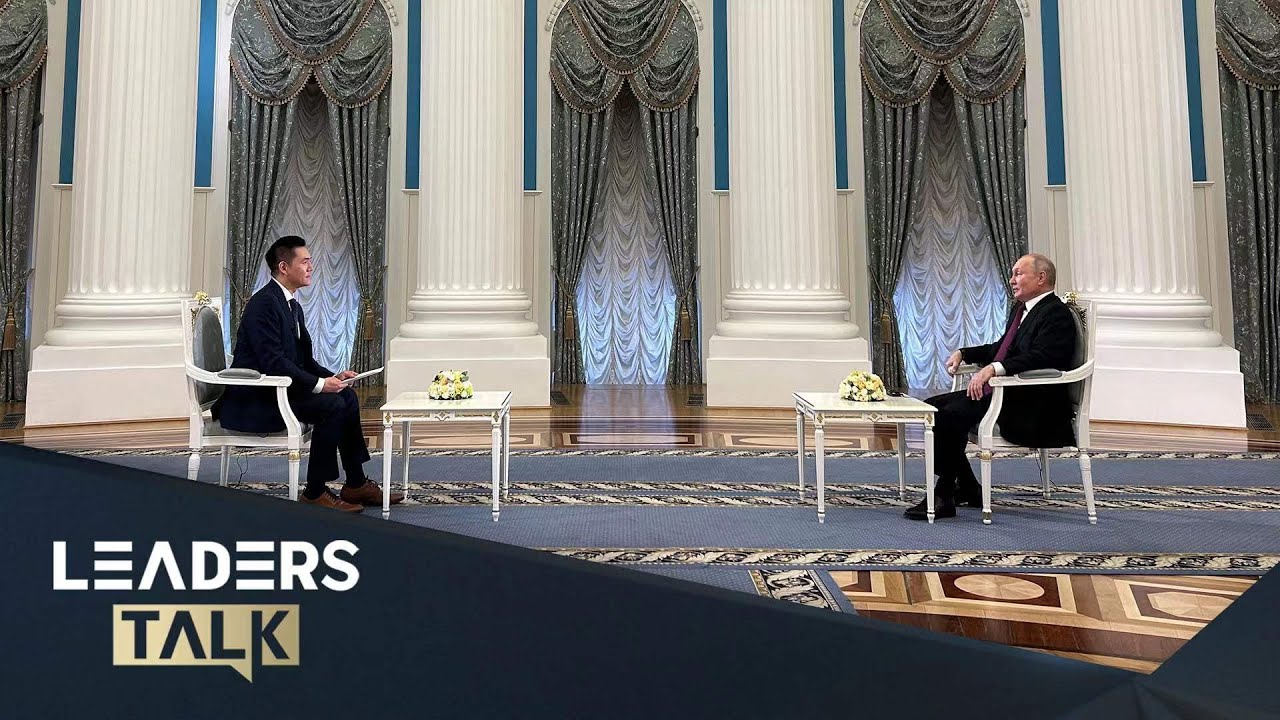
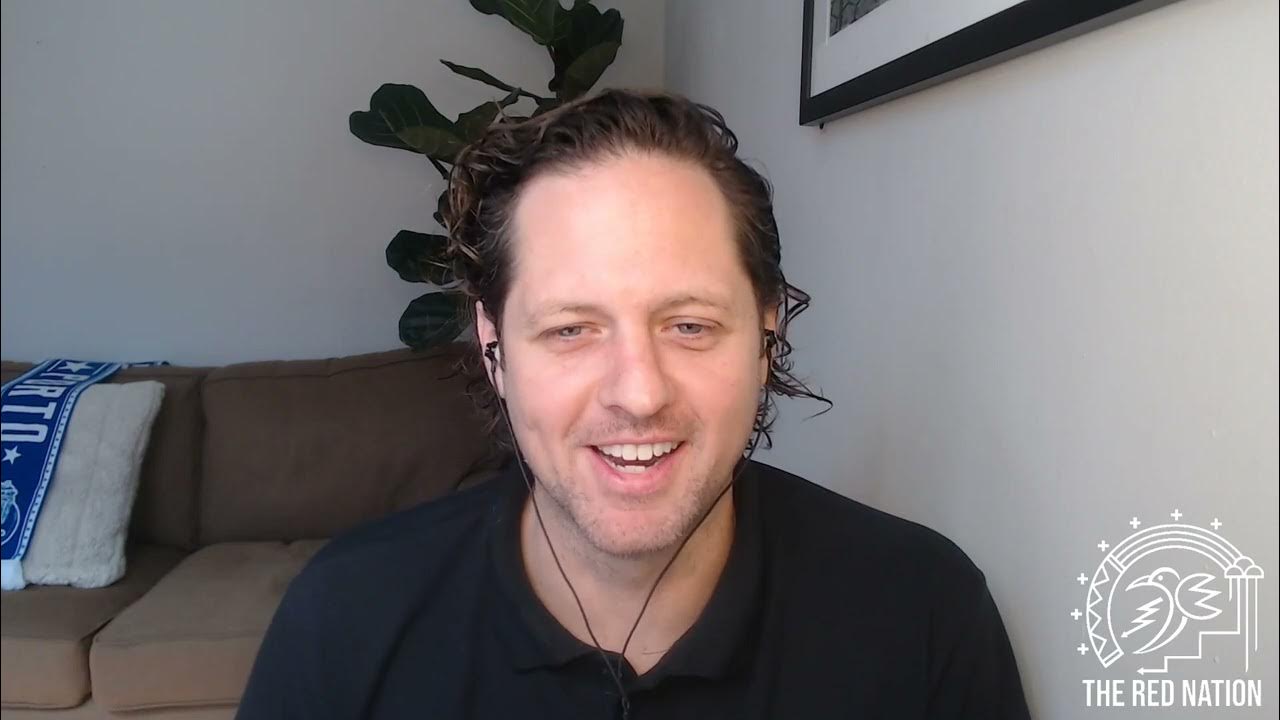




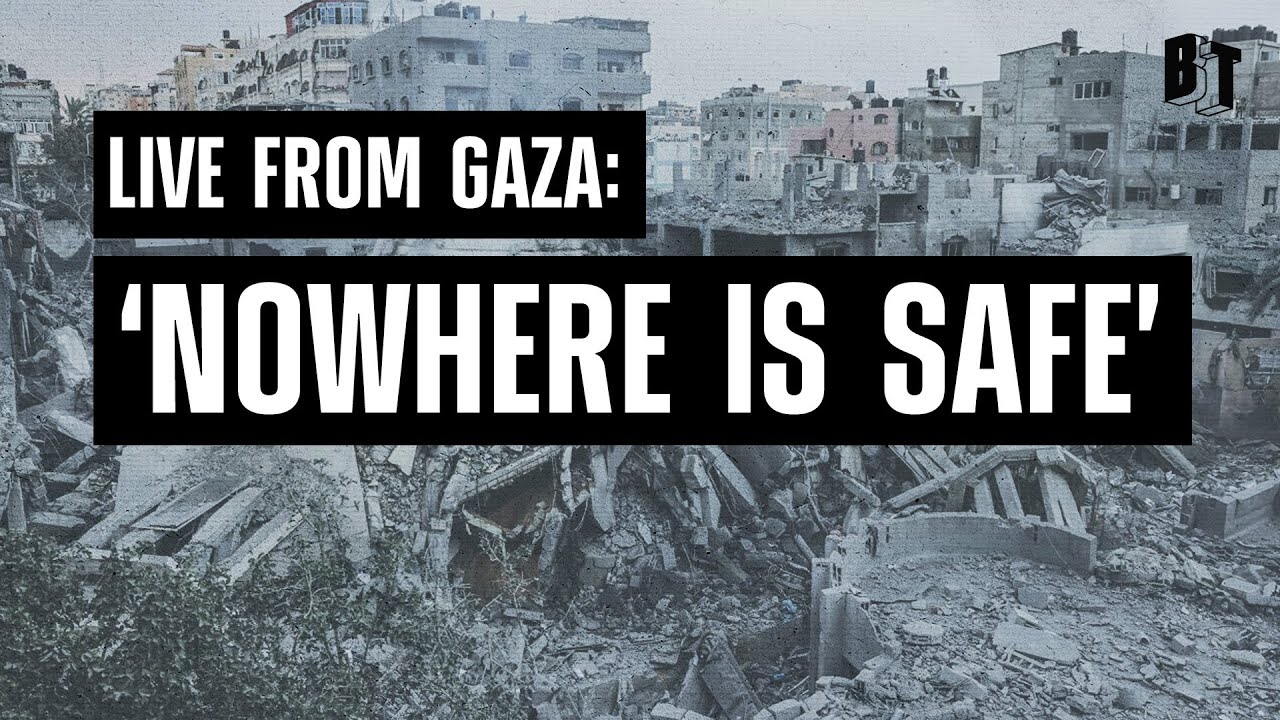


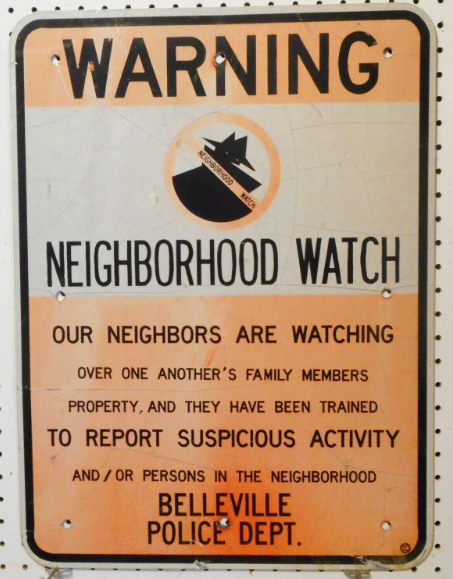


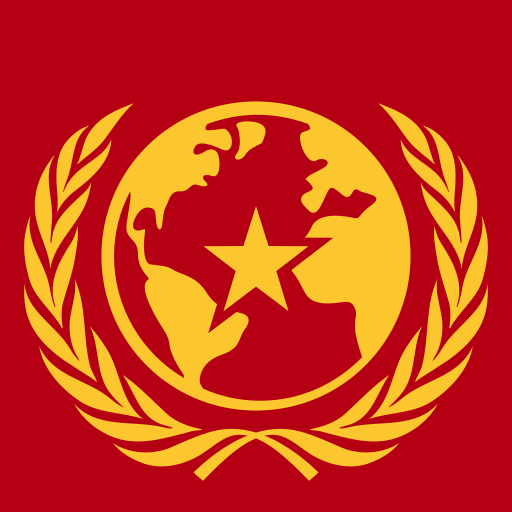
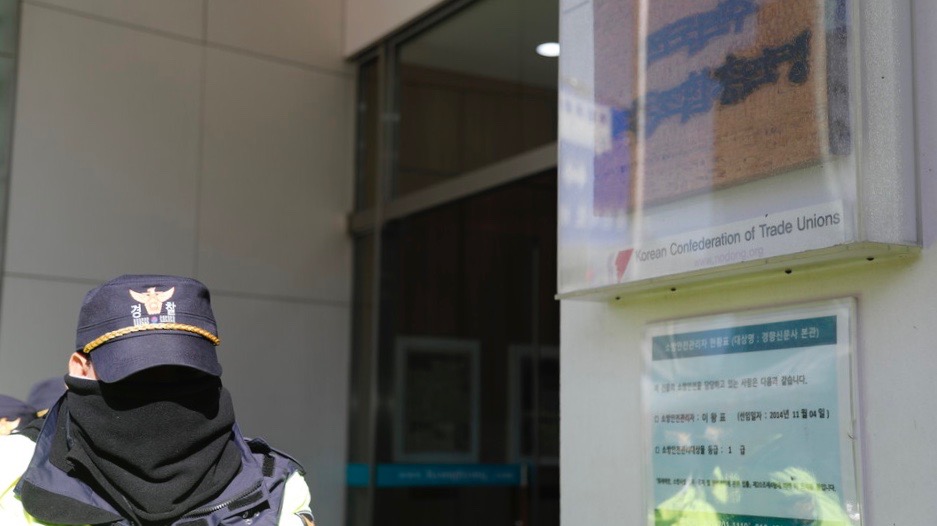
Remember there is c/documentaries! You might find something good there too.
Taken for a Ride - The U.S. History of the Assault on Public Transport in the Last Century - This documentary takes a look at the old public transport system of Los Angeles and follows the step-by-step process by which it was dismantled by General Motors. IMO it’s a good one for seeing a concrete example of the actual steps that privatization can take – GM bought the streetcars after a campaign calling them inefficient/run down etc., then after buying them, let them degrade in quality and service, then replaced them with a supposedly superior bus system. Then they allowed the buses to give poor service, ultimately promoting individual cars over buses and highway expansions as the solution to traffic congestion.
Former CIA Agent John Stockwell Talks about How the CIA Worked in Vietnam and Elsewhere - This interview clip is only 15 minutes long but gives a very concise and specific example of how the CIA manipulates the media by having contacts with reporters and passing them a mixture of true and false stories, basically coming up with bullshit and fake photos that will go viral and spread CIA talking points while the “source” of the information becomes more and more obscured as the story is passed around different news agencies, as well as how the CIA have funded the production of countless books, whose authors were allowed to write whatever they wished as long as they included this or that specific point, and that these authors have gone on to have solid and respected careers in academia.
Cybersocialism: Project Cybersyn & The CIA Coup in Chile - From what I recall it gives a good overview of what happened in Chile. In my opinion, due to Chile’s case being so well-documented, it’s a case which people without a lot of background knowledge can start to learn about the process of CIA coups from and how it relates to protecting the interests of the bourgeoisie. A viewer of this documentary can then start applying that knowledge to many other cases where a similar pattern comes up (country tries to nationalize industries/resources which are in foreign imperialist hands => economic loan denial/asset freezes/sanctions are implemented by the imperialists & opposition groups and terrorists in the country are funded & coups are orchestrated by the imperialist power.)
The Human Face of Russia - Simply, lots of footage of everyday life in 1980s USSR. As I recall, it was a foreign group going there to film and fact-check about the living standards and learn about various political and social activities of the people. IIRC it was a pretty calm and positive documentary, a good one if you need some time away from more heavy and upsetting topics.
The Weight of Chains - About the breakup of Yugoslavia.
The U.S. School That Trains Dictators & Death Squads - About the School of the Americas.
Gaza Fights For Freedom - About the Great March of Return.
The Lobby - Four-part undercover investigation into Israel’s covert influence campaign in the United States.